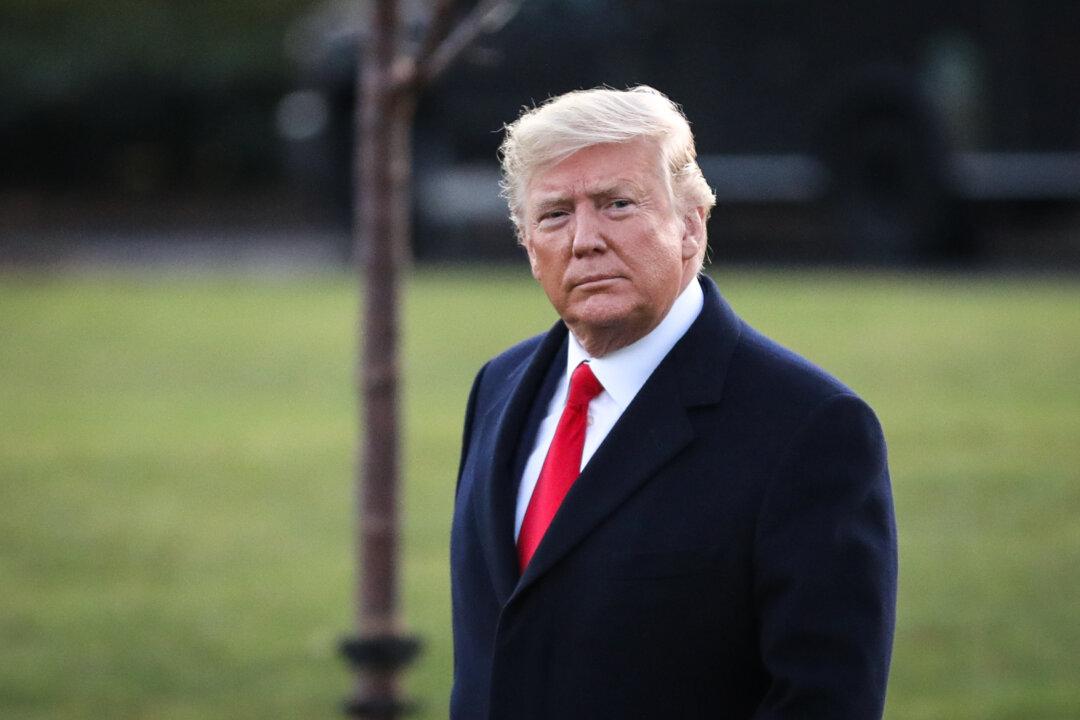A federal judge has issued a nationwide block against another Trump administration immigration policy, this time on a policy that changes the way immigration officials calculate when a foreigner is considered unlawfully present in the United States.
U.S. District Court Judge Loretta Biggs granted a permanent nationwide injunction on Thursday to block a 2018 policy that changed how the U.S. Citizenship and Immigration Services (USCIS) calculates unlawful presence for students and exchange visitors. The policy is titled “Accrual of Unlawful Presence and F, J, and M Nonimmigrants.”




